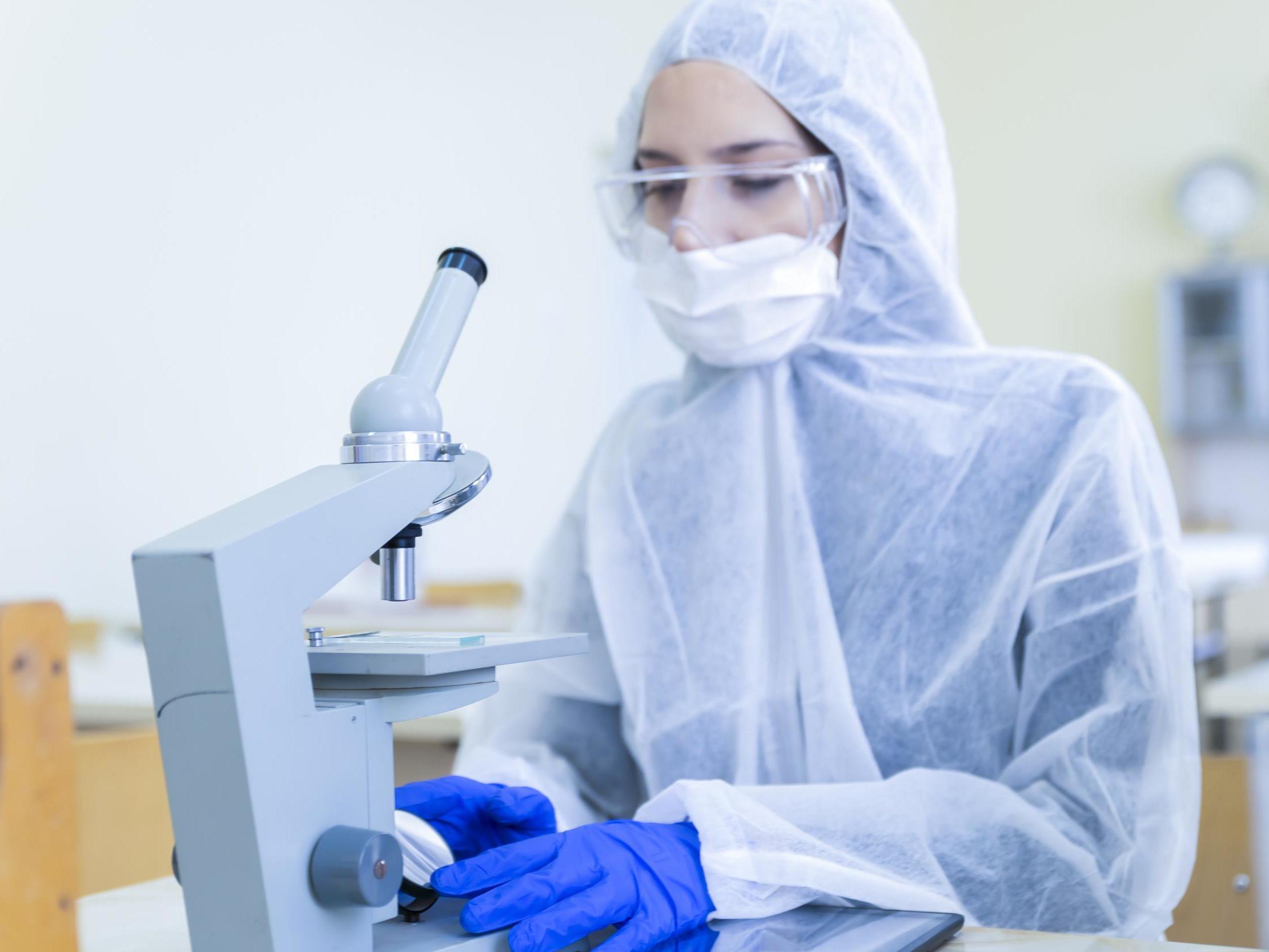Monkeys infected with coronavirus develop immunity and boost hopes of vaccine in Harvard study
Research finds animals develop ‘natural immunity’, while vaccine prototypes provide ‘substantial degree of protection’

Your support helps us to tell the story
From reproductive rights to climate change to Big Tech, The Independent is on the ground when the story is developing. Whether it's investigating the financials of Elon Musk's pro-Trump PAC or producing our latest documentary, 'The A Word', which shines a light on the American women fighting for reproductive rights, we know how important it is to parse out the facts from the messaging.
At such a critical moment in US history, we need reporters on the ground. Your donation allows us to keep sending journalists to speak to both sides of the story.
The Independent is trusted by Americans across the entire political spectrum. And unlike many other quality news outlets, we choose not to lock Americans out of our reporting and analysis with paywalls. We believe quality journalism should be available to everyone, paid for by those who can afford it.
Your support makes all the difference.Two studies in monkeys have discovered the first scientific evidence that surviving coronavirus may result in immunity from reinfection.
In one of the new studies, researchers infected nine monkeys with Covid-19, the illness caused by the novel coronavirus.
After they recovered, the team exposed the animals to the virus again and they did not get sick.
The scientists, from Harvard University, hope the findings are a positive sign that vaccines under development may succeed.
Dr Dan Barouch, a researcher at the Centre for Virology and Vaccine Research at Harvard’s Beth Israel Deaconness Medical Centre in Boston, whose studies were published in the journal Science, said the findings suggest the animals “do develop natural immunity that protects against re-exposure”.
“It’s very good news,” he added.
Although scientists have assumed antibodies produced in response to the new coronavirus are protective, there has been scant scientifically rigorous evidence to back that up.
Several research teams have released papers – many of them not reviewed by other scientists – suggesting that a vaccine against the virus would be effective in animals.
In the second study, Dr Barouch and his colleagues tested 25 monkeys with six prototype vaccines to see if antibodies produced in response were protective.
They then exposed these monkeys and 10 “control animals” to SARS-CoV-2, the official name of the novel coronavirus.
All of the control animals showed high degrees of virus in their noses and lungs, but the vaccinated animals showed a “substantial degree of protection,” Dr Barouch said.
Eight of the vaccinated animals were completely protected.
These studies, which have been peer reviewed, do not prove that humans develop immunity or how long it might last, but scientists believe they are reassuring.
“These data will be seen as a welcome scientific advance,” said Dr Barouch.
Additional reporting by Reuters
Join our commenting forum
Join thought-provoking conversations, follow other Independent readers and see their replies
Comments